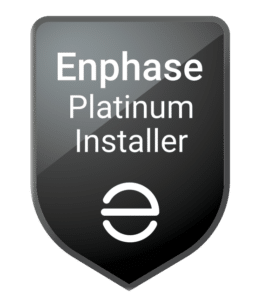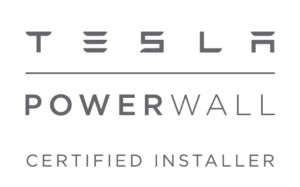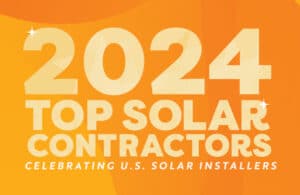
In recent years, there has been a growing interest in solar power as a means to combat climate change and reduce reliance on fossil fuels. To promote the adoption of solar energy, many states, including Massachusetts, have implemented various incentive programs, one of which is the use of Renewable Energy Certificates (RECs). In this blog post, we will delve into what RECs are, how they work in Massachusetts, and their significance to customers and in the solar energy industry.
What are Renewable Energy Certificates (RECs)?
A Renewable Energy Certificate (REC) represents the environmental attributes or benefits associated with one megawatt-hour (MWh) of electricity generated from a renewable energy source, such as solar. It serves as proof that renewable energy has been produced and injected into the grid. RECs are separate from the physical electricity and can be bought, sold, or traded independently.
RECs in Massachusetts:
Massachusetts has been at the forefront of renewable energy policy and has established robust frameworks to encourage the development of solar power. The state’s Renewable Portfolio Standard (RPS) requires utilities to obtain a certain percentage of their electricity from renewable sources. To comply with this mandate, utilities can purchase RECs generated by solar projects, thereby supporting the growth of the solar industry.
Renewable Energy Certificates (RECs):
In Massachusetts, RECs have been specifically designed to incentivize solar energy generation. RECs are generated for every 1,000 kilowatt-hours (kWh) of solar electricity produced. These certificates can be sold to electricity suppliers, who must comply with the state’s RPS. By purchasing RECs, suppliers meet their renewable energy obligations and help finance solar projects.
1 REC = 1 megawatt-hour (MWh) of renewable electricity
Value is determined by market supply and demand mechanics
Facilities must be certified by the MA DOER to sell RECs
Eligibility Start Date
Eligibility to produce RECs can begin with the system’s interconnection, so long as the certification application is submitted prior to the interconnection quarter’s application deadline. At My Generation Energy, we handle all the paperwork to get your system interconnected, and we facilitate the relationship between you and SRECTrade (the broker).
Who is SRECTrade?
SRECTrade is the largest third-party SREC aggregator in the nation. They manage 900+ MW across 58,000+ solar assets. As a result of their size, they can offer you the best value for your generated RECs.
Eligibility Period
According to SRECTrade, there is no limit to the period of time that a renewable energy facility is eligible to produce RECs. Once you are part of the REC program, My Generation Energy will help you set up automatic reporting that includes a free 5-year subscription. This ensures that your data will be automatically sent to SRECTrade and that you’ll receive your quarterly payments on time.
REC Markets:
Massachusetts operates a competitive REC market, where the price of RECs is determined by supply and demand. The value of an REC depends on factors such as market conditions, the supply of solar electricity, and the state’s renewable energy targets. RECs can be traded on an open market or through contracts between solar system owners and electricity suppliers. In 2023, RECs are being traded at $35 per megawatt hour.
Benefits of RECs for Solar:
Financial Incentives: RECs provide additional revenue streams for solar owners, making solar installations more economically viable. Selling RECs can help offset the initial costs of installing solar panels and accelerate the return on investment by hundreds of dollars per year.
Environmental Impact: By purchasing RECs, individuals and organizations can support renewable energy generation and reduce their carbon footprint. It allows them to claim the environmental benefits associated with renewable electricity production.
Market Development: RECs promote the growth of solar energy by creating demand and stimulating investment in solar projects. The revenue generated from REC sales can be reinvested in expanding renewable energy infrastructure.
Renewable Energy Certificates (RECs) play a crucial role in incentivizing solar energy production in Massachusetts. By purchasing and trading RECs, utilities and individuals support the development of the solar industry, meet renewable energy targets, and contribute to a cleaner and more sustainable energy future.
Are you thinking about installing solar at your home or business? My Generation Energy has been installing the highest quality solar design and installation on Cape Cod, the South Shore, South Coast and Greater Boston area since 2008.





